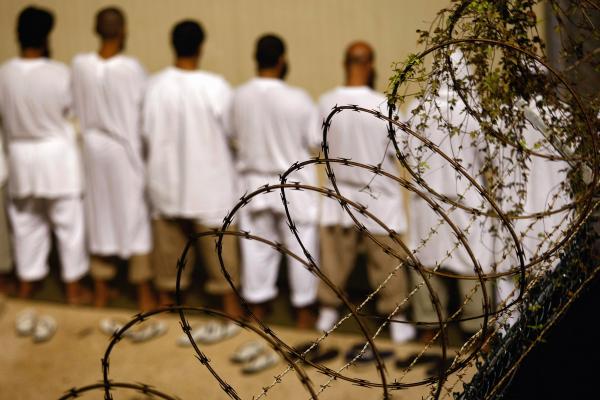May 1, 2012
The anniversary of Osama bin Laden’s death at the hand of U.S. troops has reawakened the political controversy over the use of torture.
In an opinion piece today, Jose Rodriguez, Jr., former director of the CIA’s National Clandestine Service, says it wouldn’t have happened without torture. He writes of an al-Qaeda operative captured in 2004, who was “taken to a secret CIA prison – or ‘black site’ – where he was subjected to some ‘enhanced interrogation techniques.’”
Read the Full Article

Already a subscriber? Login
